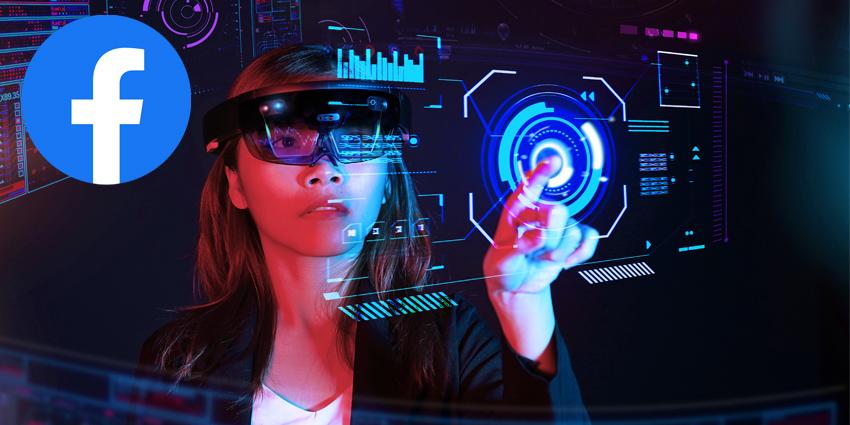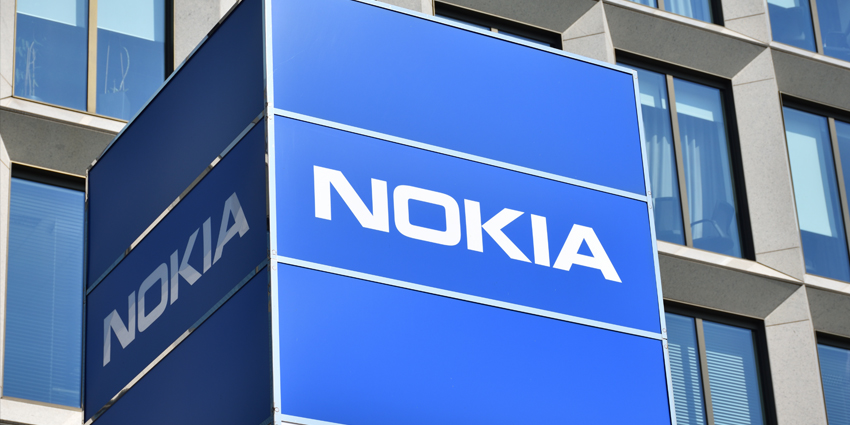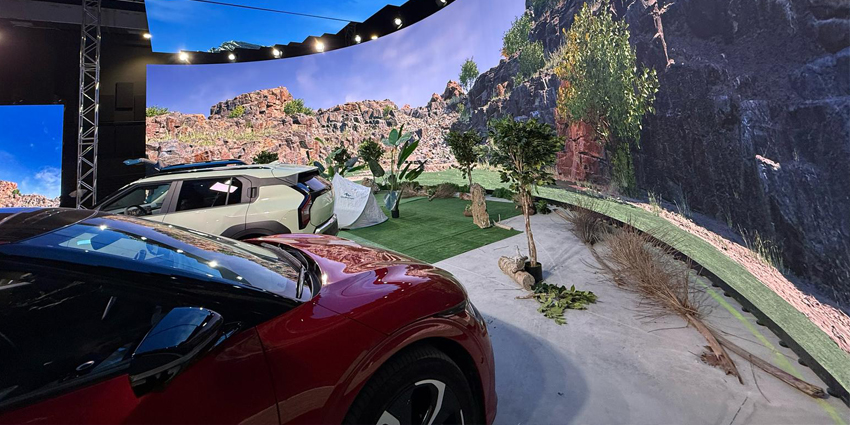Facebook’s augmented reality (AR) team has revealed a groundbreaking brain-computer interface for its AR headsets, The Information reported on Thursday.
The Menlo Park-based firm’s Reality Labs wing developed the wristbands, which read neuromuscular signals to interface with software, just ahead of the company’s Project Aria release.
The news comes amid the social media giant’s major successes in the virtual reality (VR) market, following its acquisition of VR tech firm Oculus, and hopes to receive further gains in the AR market.
Development was lengthy, but the prototype wristbands are reportedly impressive, the report found.
Controller Free Future
This news arrives as patents from Apple show an MR user interface (UI) that also replaces physical controllers in a apparently natural step towards complete AR/VR immersion.
According to research, controller-free solutions from firms such as Facebook and Apple aim to avoid bulky hardware which lowers feelings of immersion.
The haptics industry has also seen huge developments, namely after reports of advanced exoskeleton haptic gloves which offer hands-free navigation and realistic feedback.
Facebook Acquisitions
The advancements come as further reports found Facebook had acquired New York City startup CTRL-Labs, who had previously filed a series of patents for neural interfaces to replace physical controllers.
According to Bloomberg, the acquisition costed Facebook from $500 million and $1 billion and allowed Facebook to assimilate the startup’s patents into the tech giant’s AR development programme.
Additionally, Facebook partnered with US spatial data company Matterport, who created a 3D data platform to transform any real-world environment into an accurate and immersive digital twin, allowing AR visualisations to assist in daily tasks or audits.
With integration options available for enterprises, Matterport’s digital twin library is now the biggest of its kind and has seen wide enterprise-level usage across 130+ countries.
Facebook’s AR debut, along with its growing digital twin libraries and new controller-free interfaces, could potentially pose fierce competition for Microsoft’s upcoming Hololens 3.







